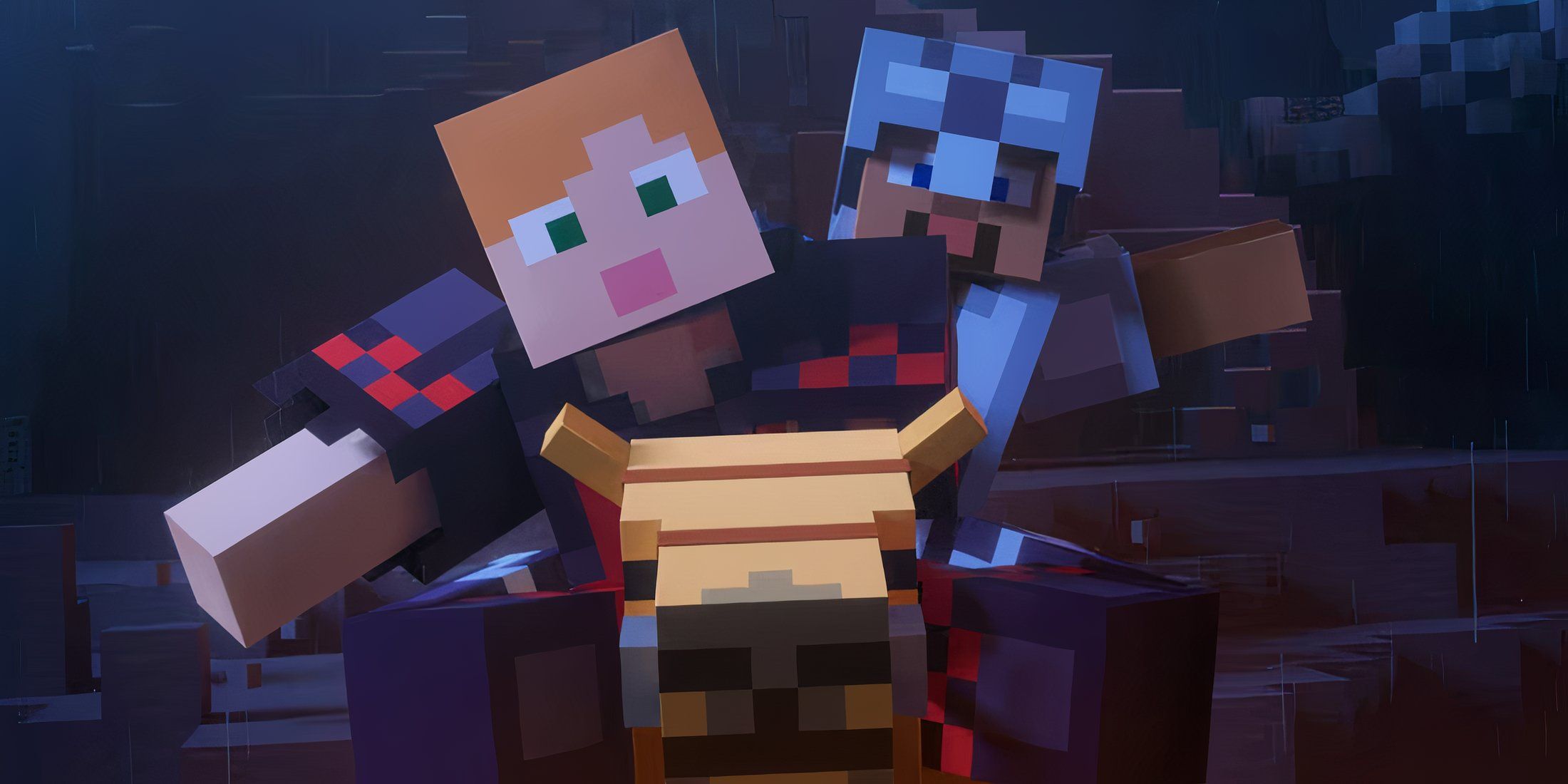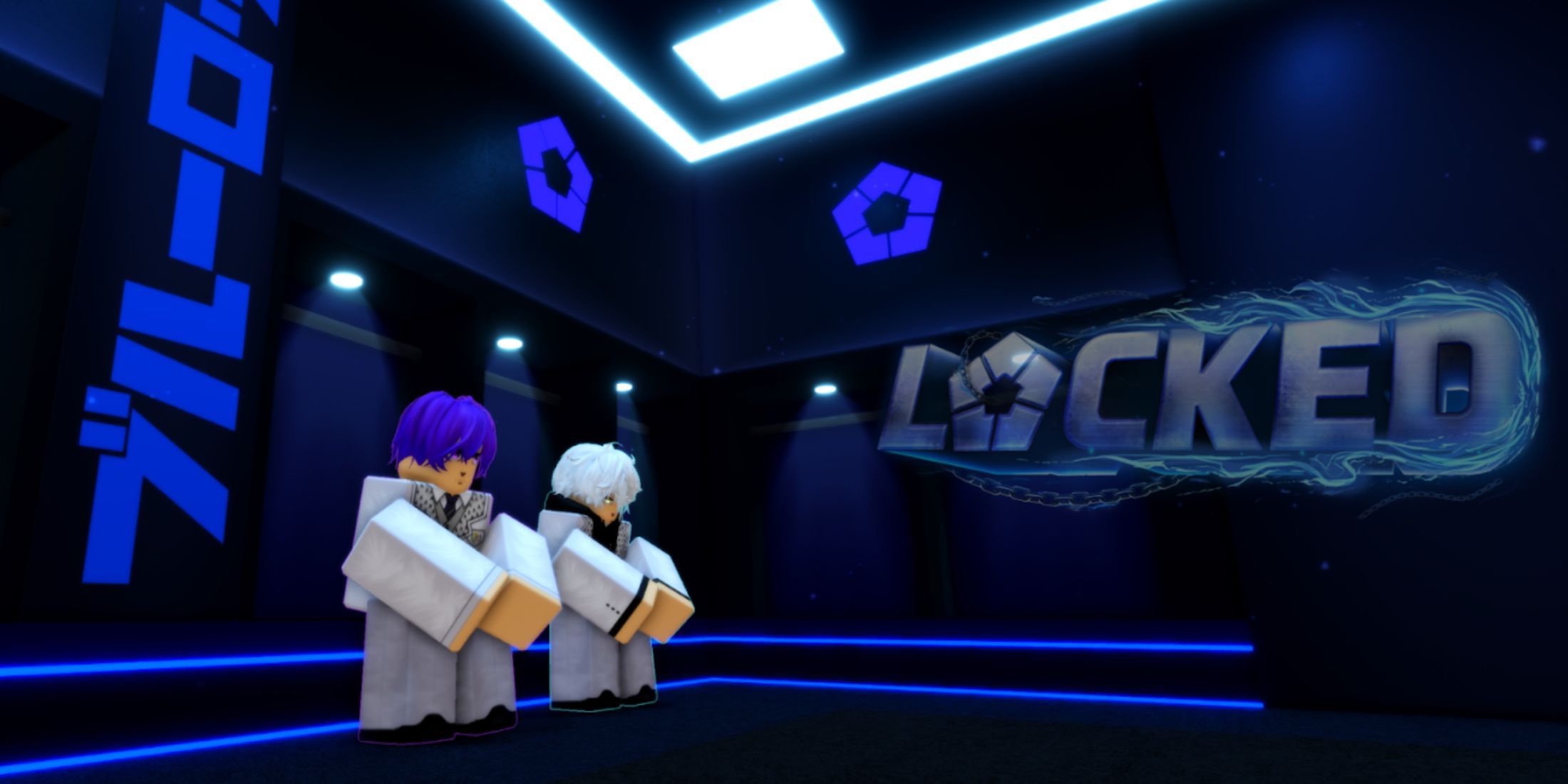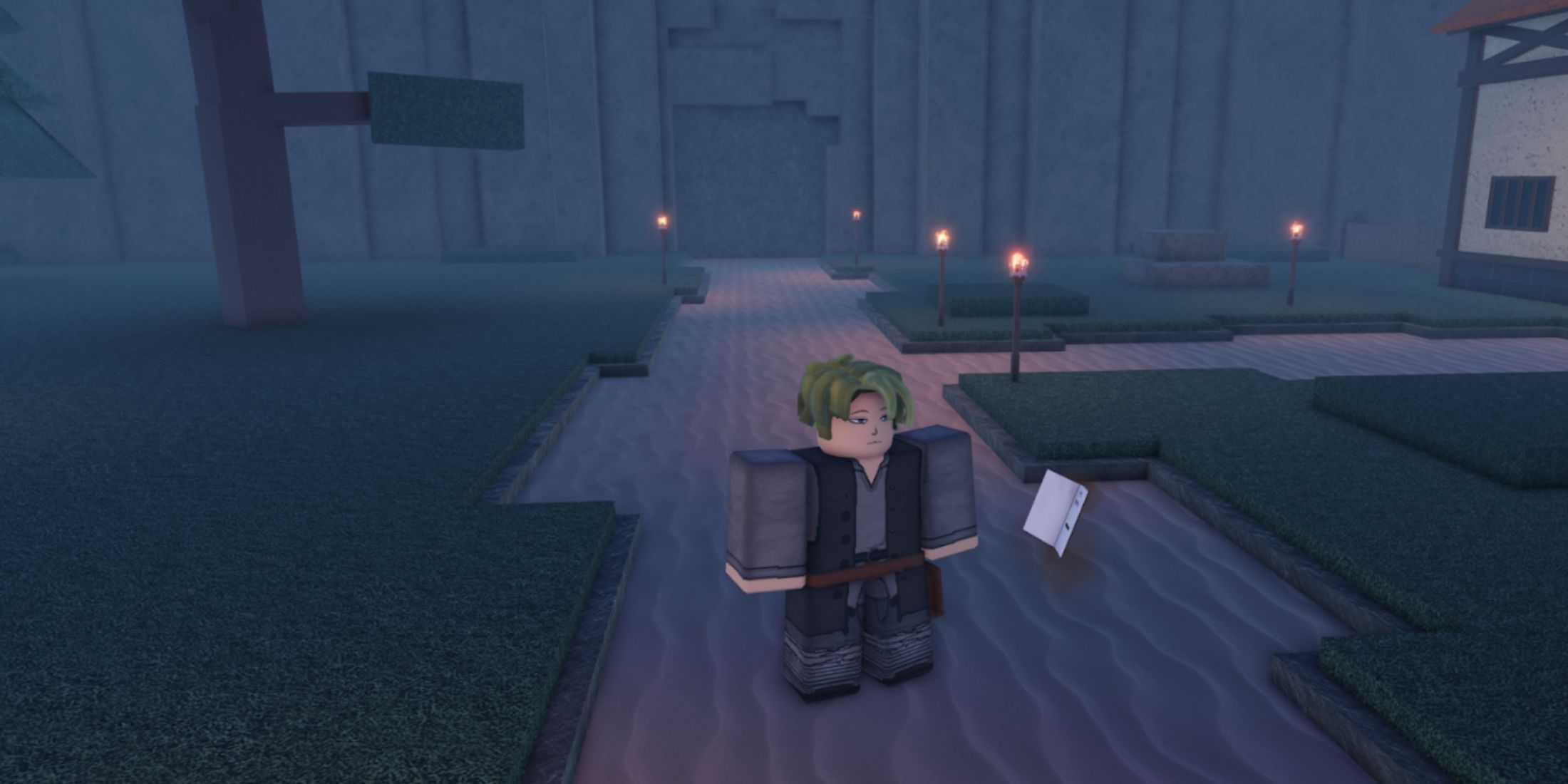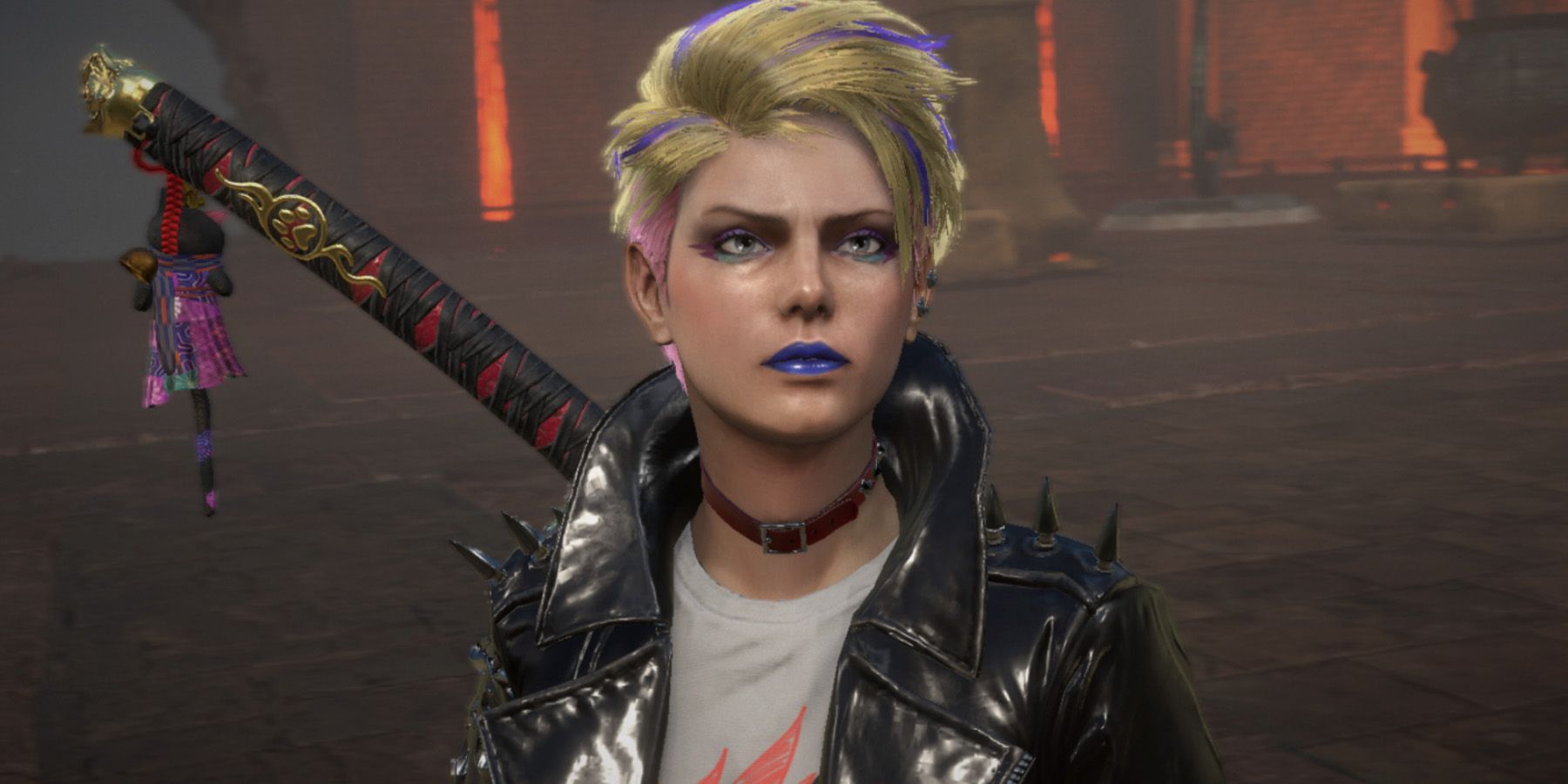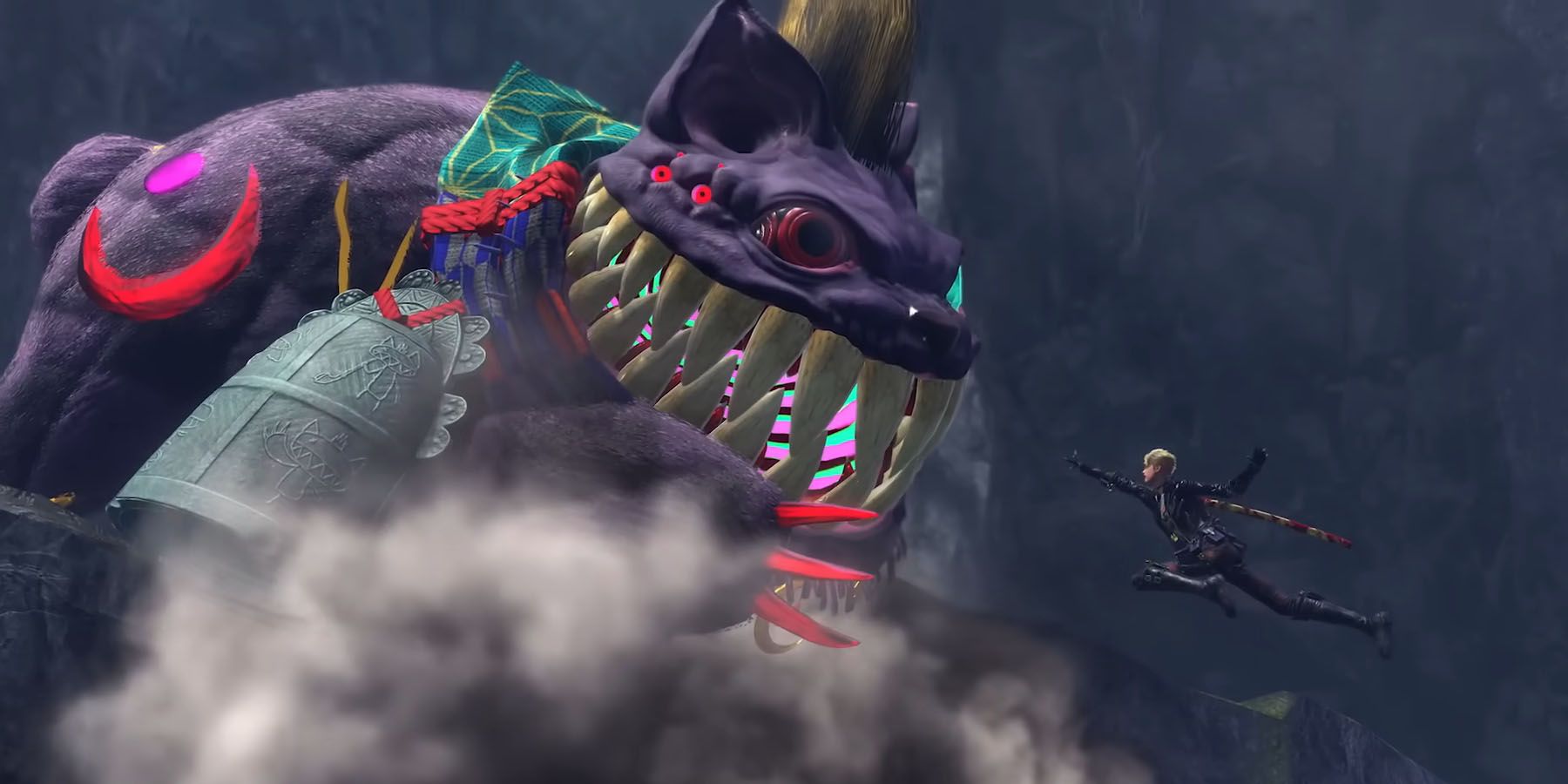Following on the heels of Bayonetta 3 and the spin-off Bayonetta Origins: Cereza and the Lost Demon, Bayonetta 4 has a lot more room to grow beyond the series' established motifs. While Bayonetta Origins adds to the backstory of Cereza, Bayonetta 3 really wrapped up her arc by passing the torch to a new protagonist, Viola. It set the series up to explore new ideas, and with this foundation laid, it's time for Bayonetta 4 to move beyond the usual angels versus demons conflict and explore other mythologies from around the world.
Although the ending of Bayonetta 3 was somewhat controversial among fans, the rest of the game provided a lot of fodder for future entries to draw upon. The series has historically played on Bayonetta's role as an Umbra Witch and utilized Judeo-Christian mythology as a main aesthetic, but Bayonetta 3 introduced the concept of the multiverse to the series, opening the door for all kinds of new foes. Now that Cereza's arc has wrapped up in the main series, Bayonetta 4 would be the perfect chance shake things up thematically.
Bayonetta 4 Could Tap Into Other World Mythologies
Bayonetta 3 started to shift away from the established angel and demon enemies by introducing Singularity and his army of Homunculi as the primary enemies. In addition to these characters, the presence of the multiverse allowed players to experience different iterations of Bayonetta from times and places around the world. With these alternate versions established, there is precedent for the series to explore the mythologies of other cultures.
For example, Bayonetta Beta 3's world bears a striking resemblance to Ancient Egypt, and her design shares a lot of Egyptian motifs. It would be an interesting change of pace to have an entire game focusing on Egyptian mythology, with new protagonist Viola tackling a series of Egyptian gods. Given how many different gods there are in Egyptian mythology, they could act as a natural replacement for the various bosses and mini-bosses angels and demons have been used for in past Bayonetta games. Not only could these Egyptian gods change things up thematically, but also offer their own twists on gameplay.
With the introduction of Cheshire in Bayonetta 3 as a companion to Viola, and his role in Bayonetta Origins: Cereza and the Lost Demon, the door has been opened for more literary creatures to appear in future entries. Sticking with the Alice in Wonderland theme of Cheshire, a future game staring Viola could involve her traveling between different storybook worlds to take on different kinds of creatures found there. This type of game would fit right in line with the motifs established in Bayonetta 3 by the existence of Lukaon, a variant of Luka who is king of the Faeries - the primary enemies of Bayonetta Origins.
It's evident from the way the multiverse is utilized in Bayonetta 3 that the series is preparing to tell stories based on a variety of new sources, which is good news for the longevity and adaptability of the franchise. The thematic use of angels and demons has run its course, and it's hard to see how future Bayonetta games could bring something new to this trope. As the series continues to grow, it's likely it will take on new themes and mythos in order to avoid growing stale, and the foundation laid in Bayonetta 3 and Bayonetta Origins points to several viable directions.
Bayonetta 3 is available now for Nintendo Switch.

